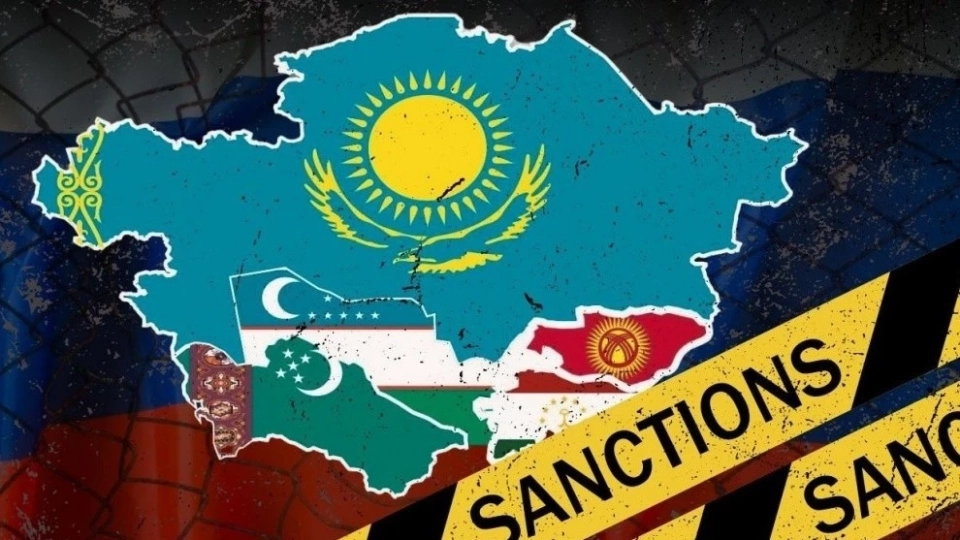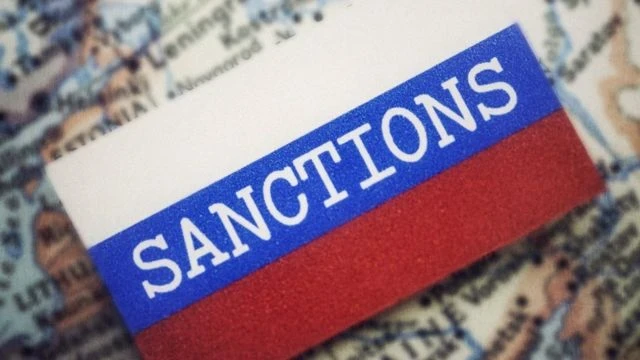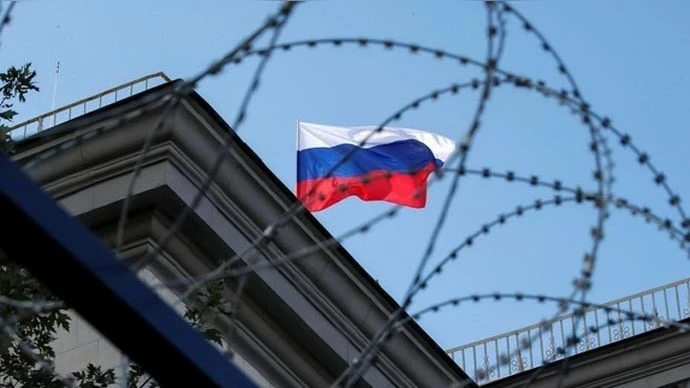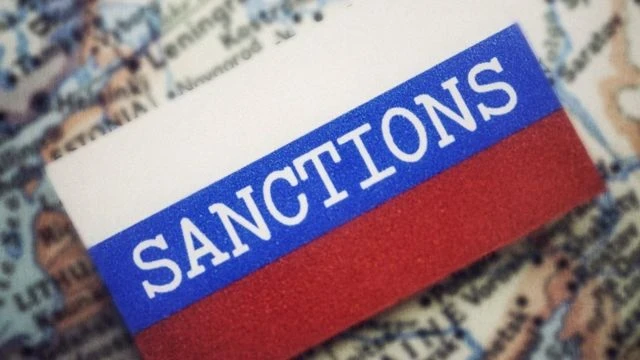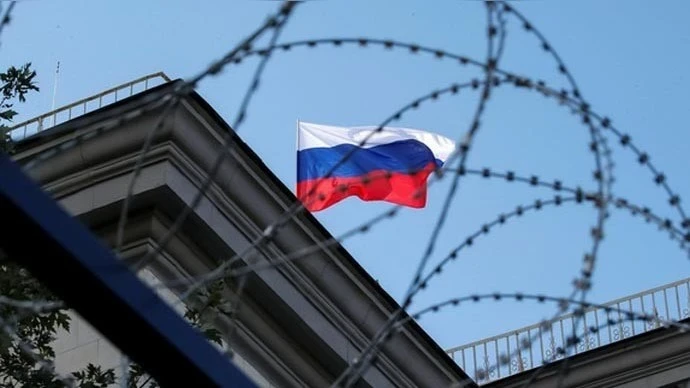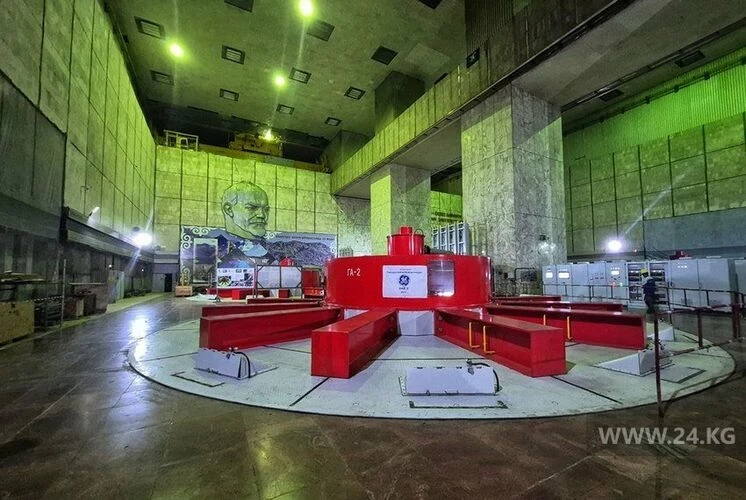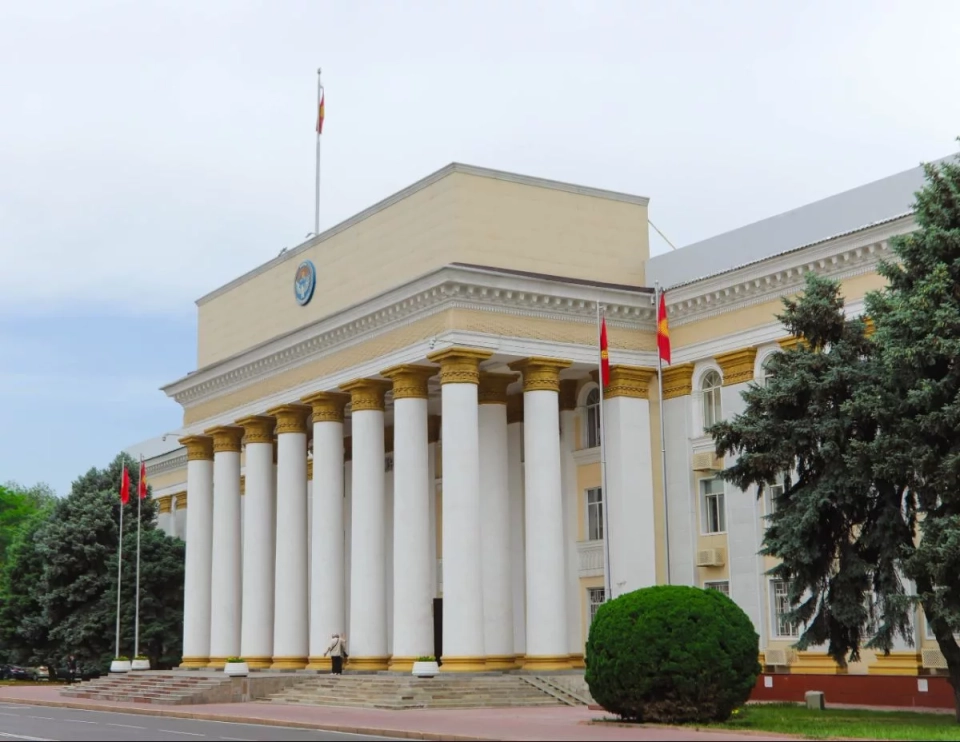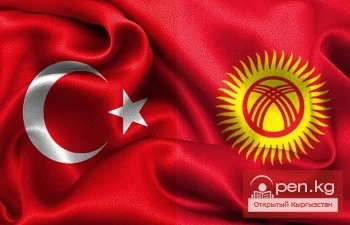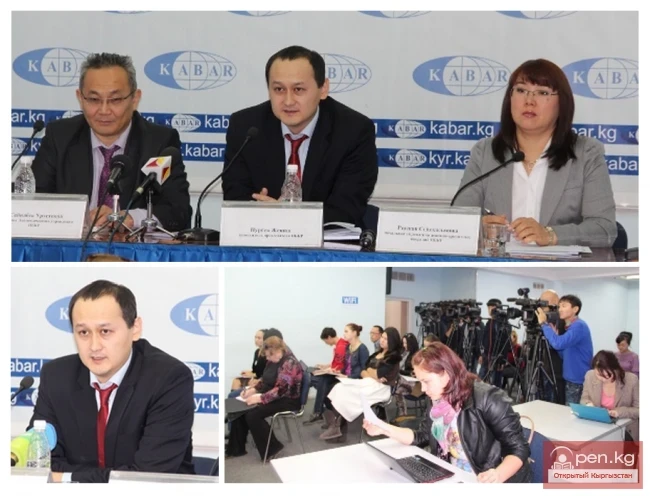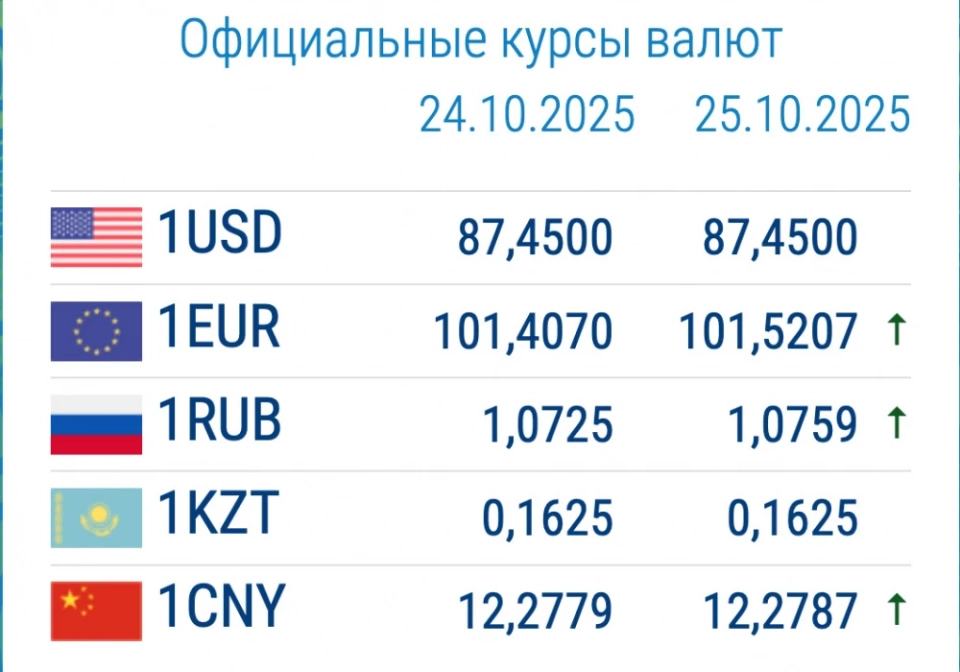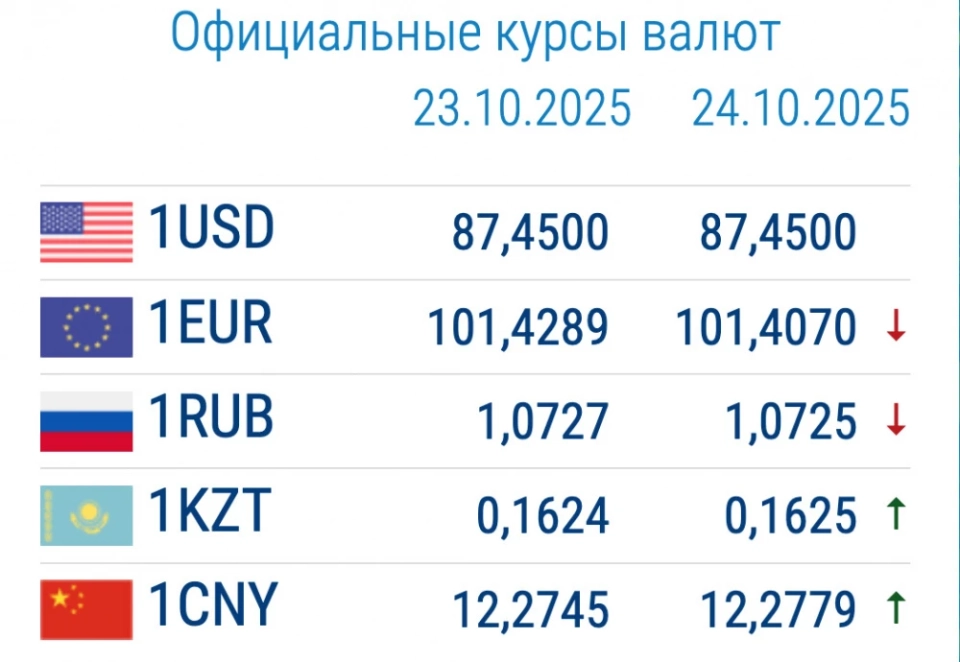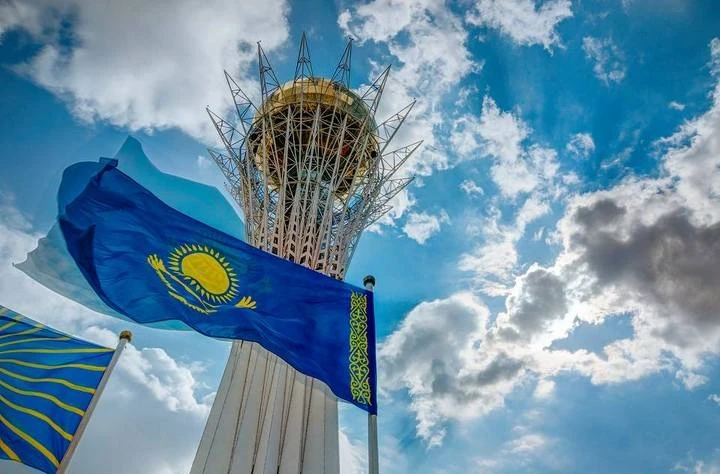
On November 12, a new package of sanctions from the European Union will come into effect, affecting not only the banks of Kazakhstan, Kyrgyzstan, and Tajikistan but also including restrictions against Kyrgyz companies and cryptocurrency exchanges. Details about these sanctions were provided by the publication "Current Time".
In particular, the VTB branch in Kazakhstan is included in the measures, which means a ban on any financial transactions with counterparties in EU countries. The bank's participation in international currency settlements, including euros and dollars, will also be blocked.
Yerulan Zhamaubaev, Deputy Chairman of the National Bank of Kazakhstan, noted that although VTB has previously faced difficulties in conducting operations, these sanctions will not have a serious impact on the financial stability of the country. This opinion was published by the international news agency "Kazinform".
Additionally, the sanctions also target "Tolubay" and "Eurasian Savings Bank" from Kyrgyzstan, increasing the number of Kyrgyz banks under restrictions to four. Previously, "Capital Bank" and "Keremet Bank" were already under sanctions from the USA and the UK. The new EU list also includes two Kyrgyz companies – LLC "Old Vector" and LLC "Greenex", which are accused of providing payment processing services and supplying crypto assets to Russia, despite existing bans.
The Ministry of Foreign Affairs of Kyrgyzstan characterized the sanctions as pressure and emphasized that the country adheres to its international obligations. As a measure, the Ministry proposed conducting an independent audit that could confirm the validity of the sanction decisions.
According to reports from Bloomberg, the new sanctions package also includes measures against five Russian banks, cryptocurrency exchanges, and oil traders operating through several countries, including Kyrgyzstan and Kazakhstan. Furthermore, a complete ban on the import of Russian liquefied natural gas under short-term contracts is planned from April 25, 2026, and from January 1, 2027, under long-term contracts.
The sanctions also affected three banks in Tajikistan: "Dushanbe City Bank," "Spitamen Bank," and "Commercial Bank of Tajikistan," which manage about 20% of all deposits of Tajiks, equivalent to approximately 620 million dollars.
The National Bank of Tajikistan stated its intention to study the impact of the sanctions and discuss possible measures with international partners to mitigate their consequences for commercial banks. According to opposition publications, these banks are linked to relatives of the President of Tajikistan.
Economist Foziljon Fatulloev believes that European sanctions will not lead to catastrophic consequences for these banks. He noted that "Dushanbe City Bank" plays an important role in the cashless payment system, while "Spitamen Bank" is a key player in lending, especially in mortgage and auto loans.
Fatulloev emphasizes that the sanctions will have a greater impact on EU citizens who come to Tajikistan for vacation. At the same time, Tajik banks are more connected to financial operations with Russia, and these sanctions will reduce their activity in cooperation with European companies. However, in his opinion, for Tajik banks, cooperation with Russia remains vital.

